6 Must-Read Books for Any English Learner

Books are the quietest and most constant of friends; they are the most accessible and wisest of counselors, and the most patient of teachers.
True that!
Studies have shown that reading not only helps language learners decode and memorize new vocabulary, but also improve their grammar, mechanics, and adapt to their conversational partners better, hence avoiding conversational mistakes.
If you ask me, reading is that one language skill that is tied into all the others - writing, speaking, and listening.
There’s just something about enjoying a great book and letting it take you on a journey of its own – a feeling that can’t be replaced with any number of lessons, tests or conversations with even the best of English speakers.
Even though online methods of language learning have slowly taken over in terms of popularity among youngsters, literary classics will always remain classics, regardless of how far technology takes us.
The following books are must-reads for any English language learner, regardless of their level.
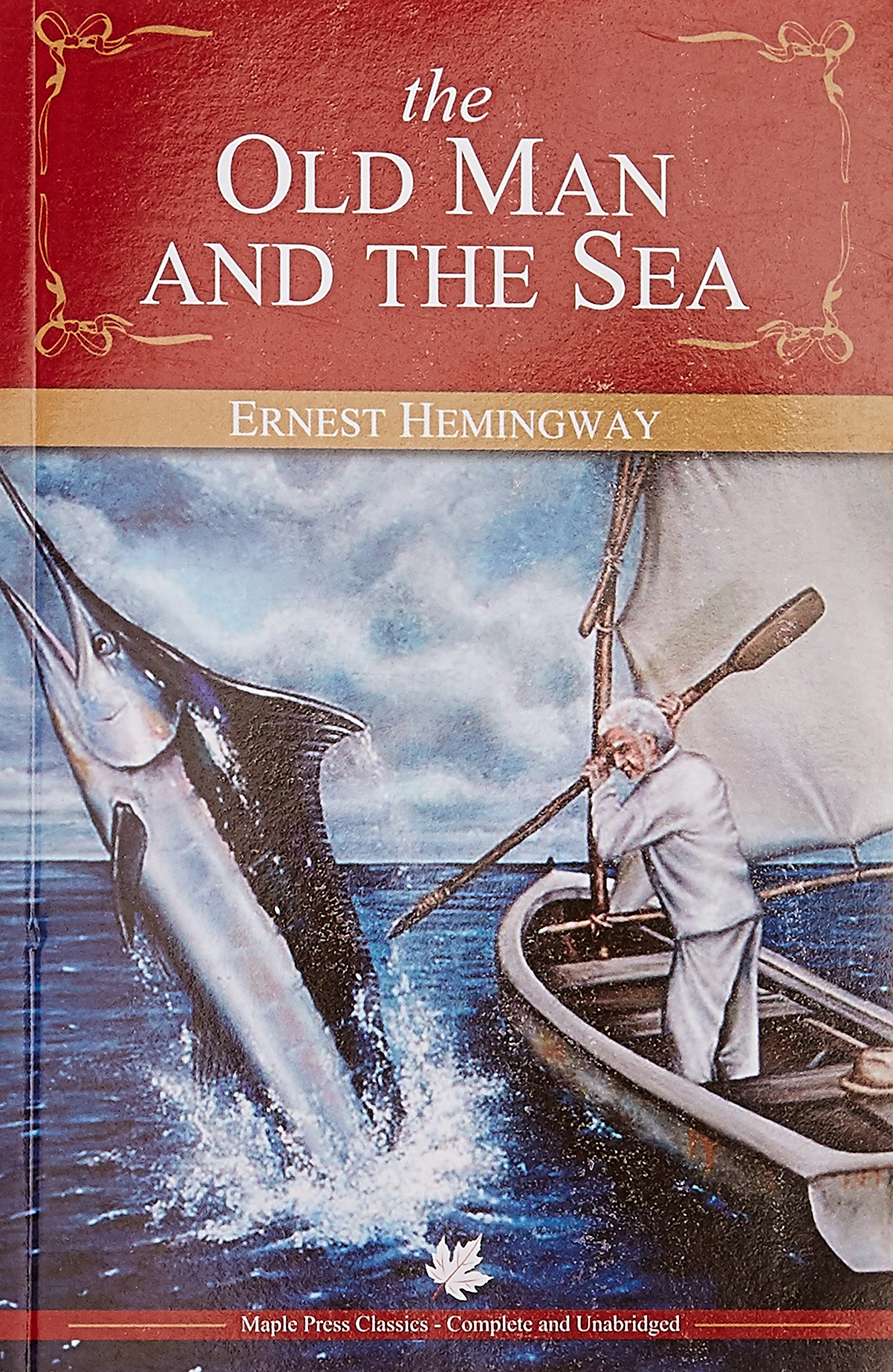
The Old Man and the Sea
Plot summary: An aging, experienced fisherman named Santiago goes 84 days without catching a fish and is seen by many as "salao", the worst form of unluckiness. Soon, his destiny takes a sudden turn when he battles a large marlin for survival.
Reading analysis: As I was writing today’s article, this literary classic is literary the first thing that popped up in my mind. Regardless of where you’re from, I’m sure that you’ll come across Ernest Hemingway’s work at some point in life (most probably at school). It’s certainly a challenging piece for younger learners, being that it uses vocabulary that is both archaic and difficult at times.
Nonetheless, compared to some other entries on this list, it is very short and provides for a great read that will significantly boost your English prowess in more ways than one. Hemingway’s writing style is pretty straight-forward, with simple language and short sentence structure. Hence, it isn’t necessarily a contender that I’d put at the top of my list for one of the hardest books ever to read.
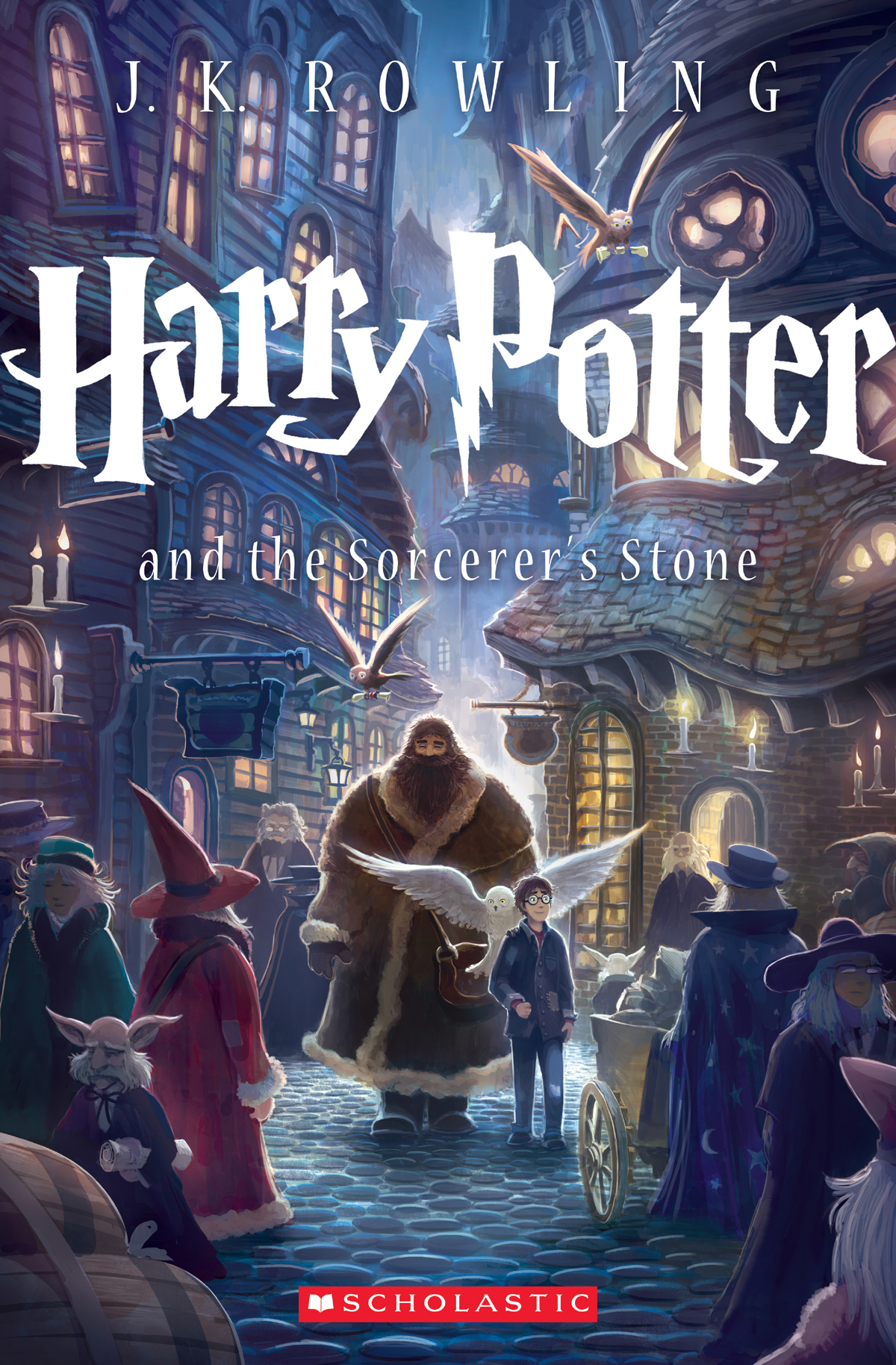
Harry Potter and the Sorcerer’s Stone
Plot summary: A sad young boy named Harry Potter receives an unexpected invitation to Hogwarts, a school of magic and witchcraft, where he discovers an entirely new world filled with dangerous creations and his sworn nemesis, Lord Voldemort.
Reading analysis: Even though Harry Potter and the Sorcerer’s Stone is just the first installment of this literary staple, all other parts and spin-offs are equally important and can be of great use to you on your English language learning journey. Personally, I consider fantasy stories to be very beneficial for learners of all ages, as a colorful imagination is something they can really benefit from at school and in life.
The language used by Rowling is predominantly British English, so there’s some pretty specific vocabulary, sentence structure, and expressions throughout. In general, I consider the writing to be simple, uplifting, and attention-catching, with highly descriptive scenery that puts the reader in the middle of all the action.
While I can’t say that Harry Potter books are easily digestible for English learners at all levels, they aren’t that hard either. In fact, they serve as a huge stepping stone for beginner-level learners and are a huge stimulus toward building up great reading habits.
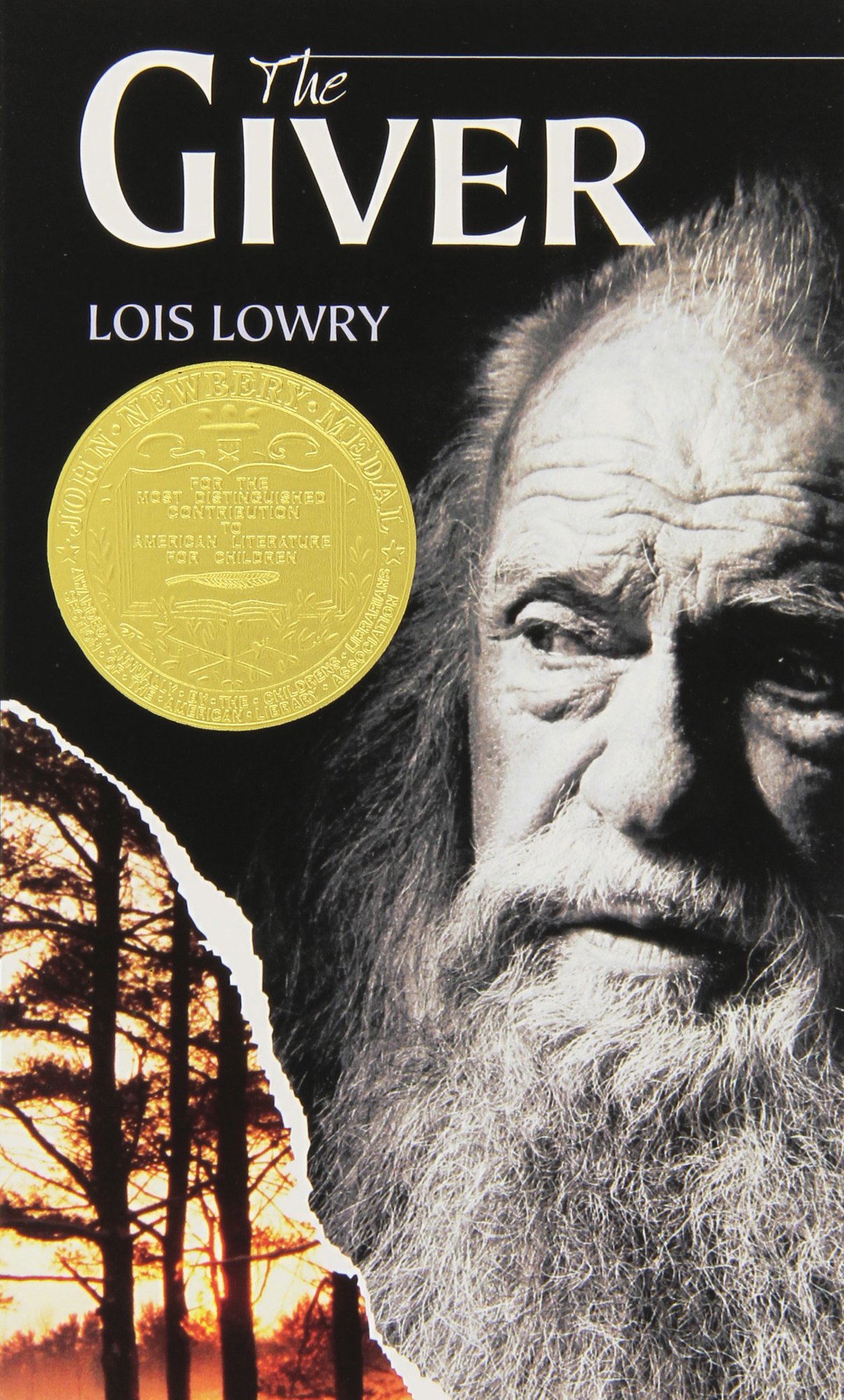
The Giver
Plot summary: Jonas lives in a utopian world where things like cold weather, color, love, war, and pain don’t exist and everyone has a specific community role to play. After receiving the role of Memory Receiver, Jonas spends time with the Giver who teaches him everything about the entire world, which causes Jonas to question the “perfections” of his community and rediscover life from a new angle.
Reading analysis: Speaking of fantasy books, The Giver simply had to be included here – not for its other-worldly content but for being one of the easiest and, at the same time, most interesting books I’ve ever read. The reason for this lies in Lowry’s simplistic approach to presenting a complex, new world through vivid, attention-grabbing descriptions and easy-to-understand grammar.
Most of the story is set in either past simple or past perfect. However, short sentences and a pretty straight-forward storyline make this book a great and rather quick read, given its length. Plus, the movie adaptation is awesome!
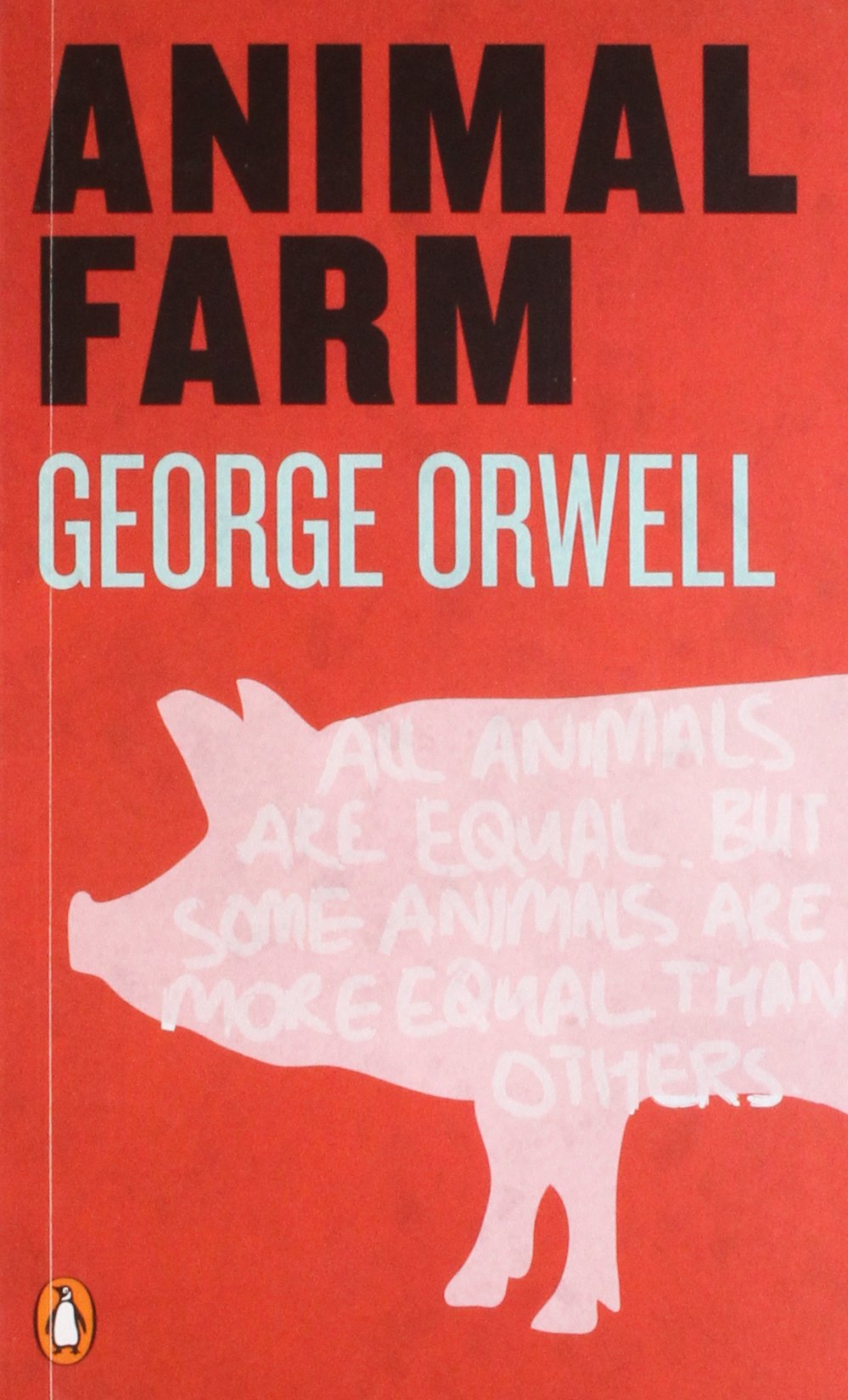
Animal Farm
Plot summary: Animals of the Manor Farm are exploited by their owner, farmer Mr. Jones, who fails to provide them with decent means for a nice life. This causes the animals to rebel against their human master. The entire story is a satiric depiction of the Stalin era in the Soviet Union.
Reading analysis: As the book itself, I’ll keep the analysis part here rather short and sweet. Being that this is an allegory, expect to find language that isn’t common in our day-to-day usage. As the book’s main characters, Orwell’s animals speak in very short, clear sentences. Hence, the entire book is a very simple read that appeals to English learner at all levels.
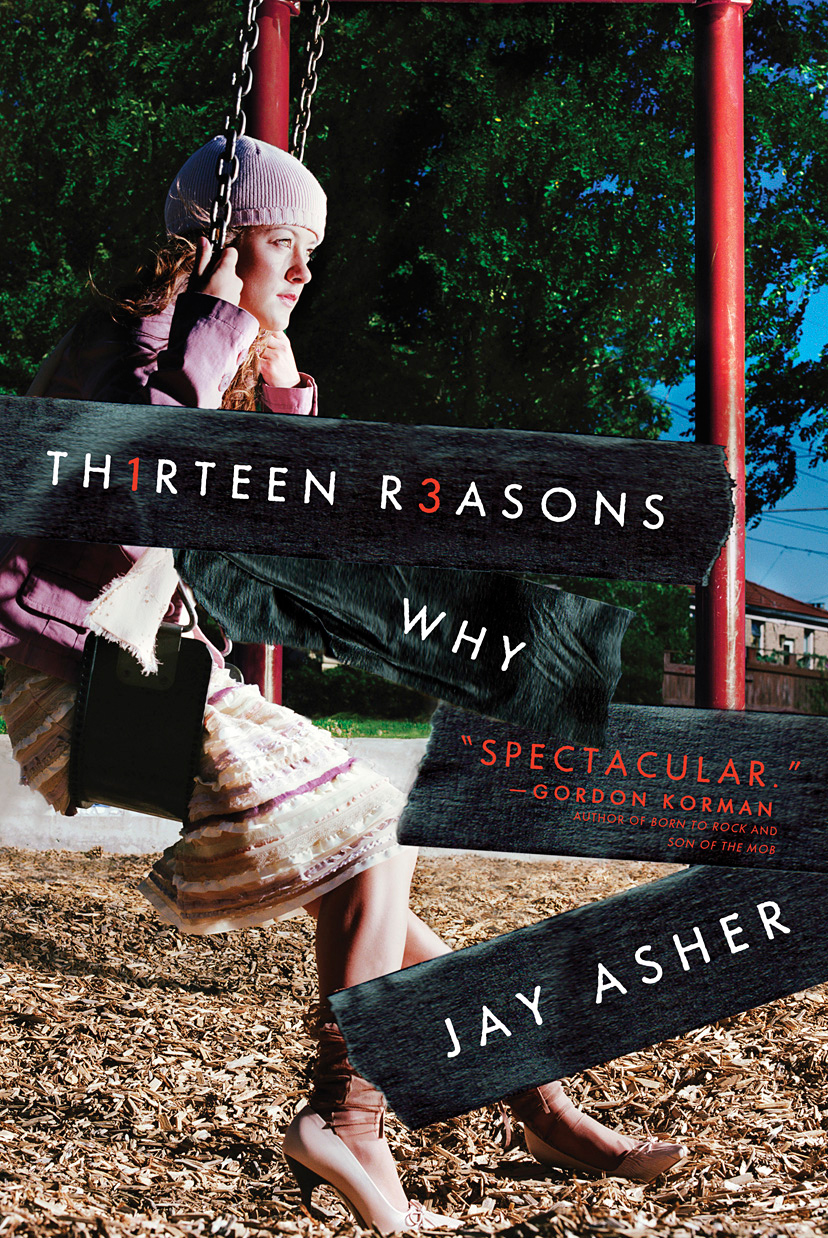
Thirteen Reasons Why
Plot summary: Clay Jensen receives a strange box on his doorstep with his name on it and thirteen cassette tapes inside. These were recorded by his former classmate and crush, Hannah Baker, who had committed suicide two weeks before. She narrates her journey to suicide, with a message for everyone who led her there and Clay being one of them.
Reading analysis: Probably popularized by the 2016 Netflix show, Thirteen Reasons Why is a best-seller that hits all the right notes for a great book. Set in the present and narrated by the show’s main character, there’s no overly complicated grammar used, with most of the action set in the present tense. Moreover, the vocabulary is relatively easy to understand, with short sentence and paragraph structure to complement it.
However, being that this book covers some serious, traumatic social issues, it isn’t necessarily a book that instills motivation, happiness, and a sense of accomplishment. I think it’s safe to say that this isn’t a light read by any standard. Now, I don’t want to end today’s English lesson on a sad note, hence I’m giving you a bonus must-read book. You don’t want to miss this one, trust me…
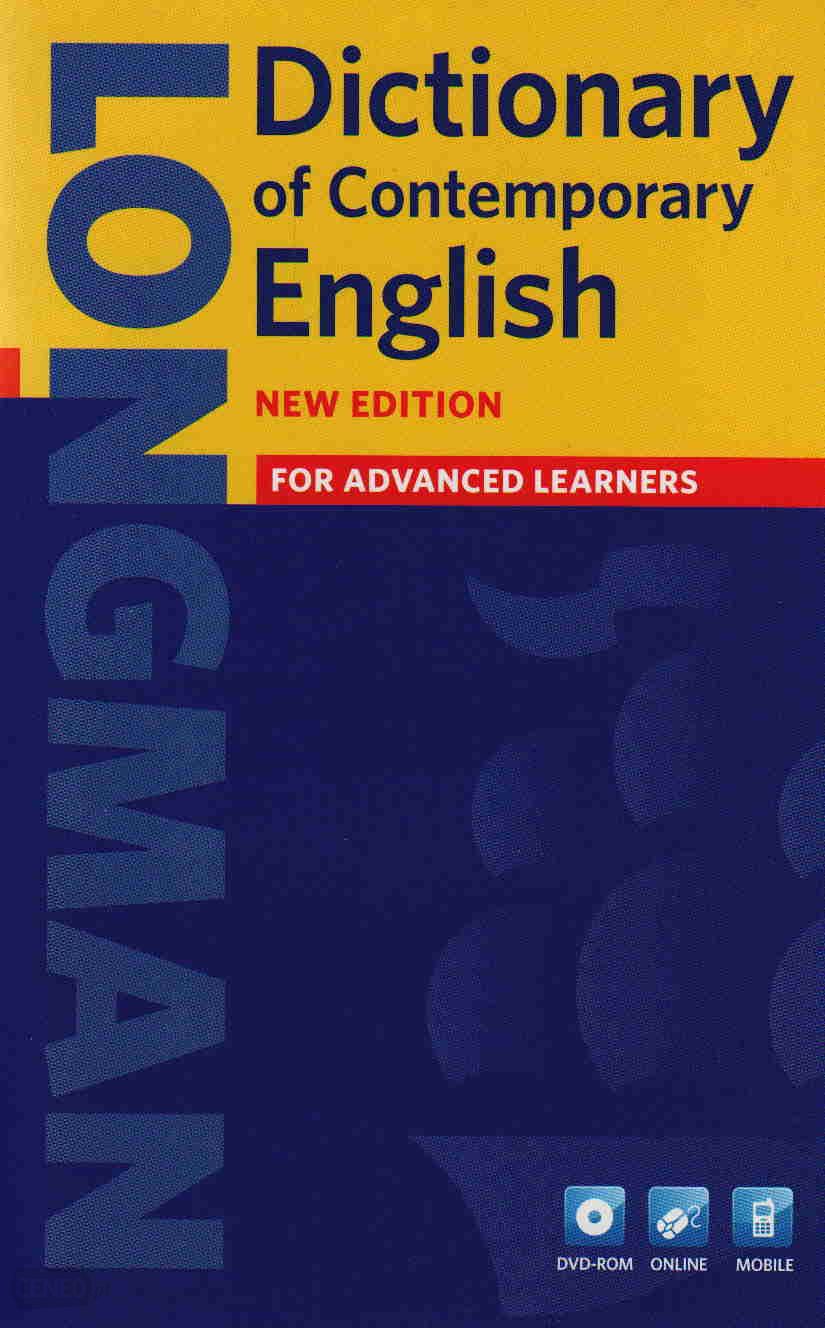
Bonus: Longman Dictionary of Contemporary English
I know what you’re thinking: how is this a literary piece and why is it listed here? The short answer: it isn’t and it shouldn't be!
However, finding creative ways to learn new English vocabulary is crucial to becoming a better English speaker. Personally, one of the weirdest and, at the same time, most effective methods for boosting up my vocabulary numbers has always been flipping through the dictionary – reading it, if you will.
In all honesty… as crazy as "reading a dictionary" sounds, it works.
Considering the level of freedom you get in choosing where you’ll start and end up, your mind as a learner is at ease, allowing you to comprehend and absorb more content than you would normally do in the case of a regular book.
You literally just move your index finger over the page until your mind registers something that is interesting and then follows it up by reading more about it and memorizing it.
My hands-down favorite dictionaries have always been by Longman for their detailed structure, abundant examples, and one of the richest vocabulary databases on the planet. It’s simply a great tool that augments your current English reading habits and brings that true vocabulary/language learning aspect into the play.
It is what you read when you don't have to that determines what you will be when you can't help it.
I hope today’s lesson was a good read, indeed. Until next time, happy reading… and learning!
